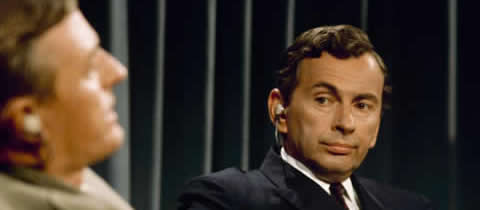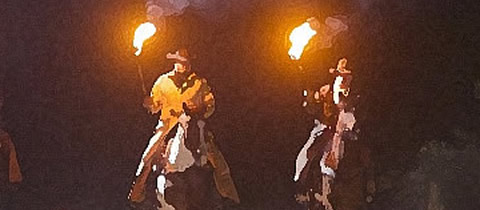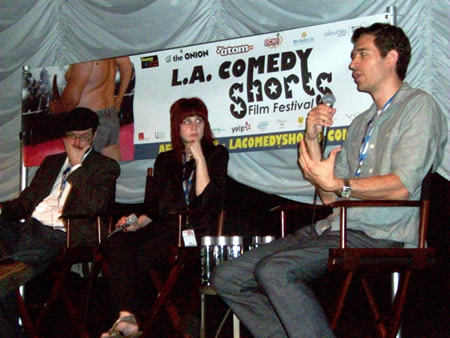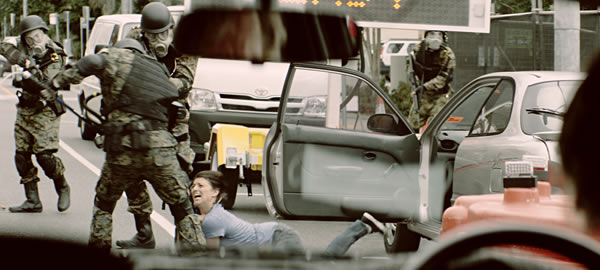(Originally published on Blogcritics.org)
Three documentaries at SXSW provided insightful snapshots of things worth seeing, each with its own special twist: Best of Enemies explores the psyches of two influential thinkers of the late 20th Century: William F, Buckley, founder of National Review and father of the modern Conservative movement, and Gore Vidal, novelist, screenwriter and Liberal essayist; Disaster Playground examines the possibility of an asteroid collision with Earth, and They Will Have to Kill Us First takes us into the world of musicians under Sharia Law.
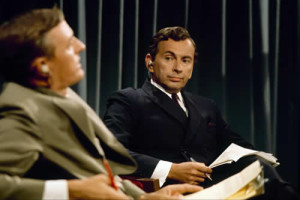
Best of Enemies may sound like a sleeper with its snapshot of life in 1960s. But it isn’t. Filmmakers Morgan Neville and Robert Gordon took a snapshot of the time that is both funny and illuminating about the media, the unique minds of Buckley and Vidal.
Sometimes life-changing events begin for the most mundane of reasons. ABC news was trailing both CBS and NBC by a tremendous gap in the ratings. The Republican and Democratic national conventions were approaching and ABC decided it couldn’t afford to do the gavel-to-gavel coverage which had become the standard over the previous 20 years.
They had a brainstorm. They would get two political personalities to analyze the events of the conventions each night after they were over. This sounds like Fox News/MSNBC today, but in 1968 it was groundbreaking. Although both had previously said they would never do such a thing, both Buckley and Vidal agreed.
For ABC this was a winner. They got great ratings and a bargain price. Buckley and Vidal, however, ended up with an enmity, a vendetta and a combination of frustration and guilt which literally haunted them till the end of their lives.
The film uses a combination of original footage, interviews, and readings of Buckley and Vidal writings by Kelsey Grammer and John Lithgow. Grammer and Lithgow, both elegant themselves, do justice to the grammatical styling of Buckley and Vidal.
As I began watching the film, I was expecting it to be unfair to either Buckley or Vidal. It wasn’t. It was an honest, fair, insightful and illuminating piece of filmmaking.
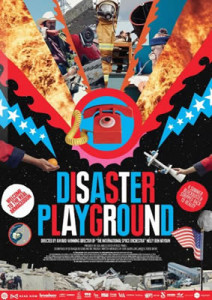 The second snapshot gives a picture of those who are tasked with protecting us from the unthinkable – a giant asteroid hitting the earth and causing an extinction level disaster.Disaster Playgroundby French filmmakerNelly Ben Hayounuses an innovative technique to bring home the point of film, delivering it in the last minute, like the revelation at the end of a mystery or the punchline to a long joke.
The second snapshot gives a picture of those who are tasked with protecting us from the unthinkable – a giant asteroid hitting the earth and causing an extinction level disaster.Disaster Playgroundby French filmmakerNelly Ben Hayounuses an innovative technique to bring home the point of film, delivering it in the last minute, like the revelation at the end of a mystery or the punchline to a long joke.This paragraph contains a spoiler. The techniques she used in producing and editing the film seemed somewhat amateurish and undisciplined. It is not until the final scene that you realize that this vast bureaucratic edifice of scientists, academics, government agencies and international organizations is not ready to protect us at all. They are a joke – a bunch of people playing at disaster preparedness. That is why the production took the appearance it did.
Disaster Playground is worth seeing for both its documentary techniques and the story it tells.
The third snapshot takes place in Timbuktu. That name may ring a bell from a childhood nursery rhyme, but the story of They Will Have to Kill Us First is not for children. The following is hard for a Western mind to comprehend. When Al Qaeda inspired Islamists took control of northern Mali and the historic city of Timbuktu in 2012, they banned music; not just rock and roll, or Bach, but all music. Musical instruments were melted, radio stations were raided, and concert venues were destroyed. Making music became a capital offense.
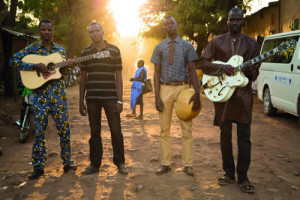
They Will Have to Kill Us First tells the story of several musicians and how they resisted and reacted to this imposition of strict sharia law. It provides background, footage of atrocities, and the first concert to take place in Timbuktu after years of silence.
This is the first feature produced by Johanna Schwartz, who has previously done work for the BBC, The History Channel, MTV and other networks. The film seemed to lack focus, but told an important story. I was disappointed in that it supported the “This is not about religion” mantra with regard to the Islamist movement. Denial is not a good way to deal with jihad.
The stories the film told of the individual artists and musical groups were inspiring. Some stay and fight while others take the story of Malian music to England. The title is inspired by a remark by one of the musicians who will not give up music. That there is hope and dedication to human happiness even in the darkest of human circumstances is a good thing to know and see.

